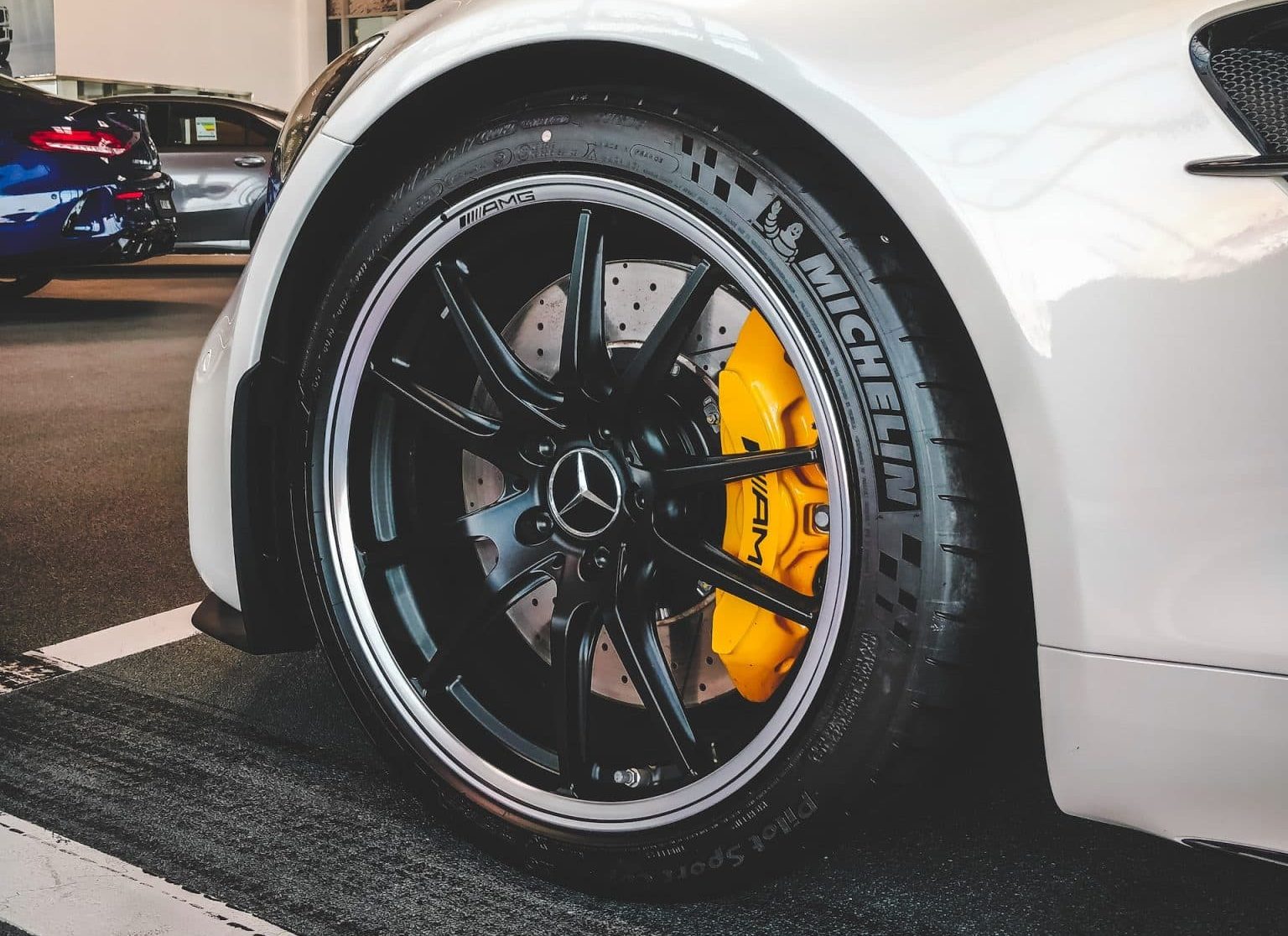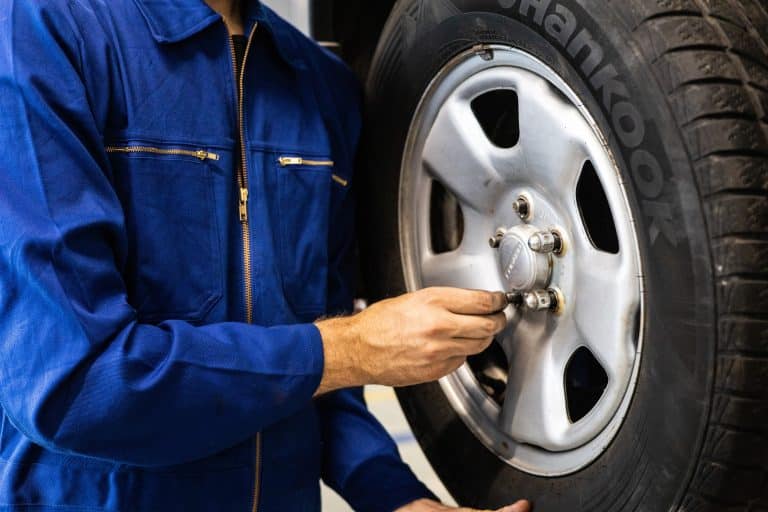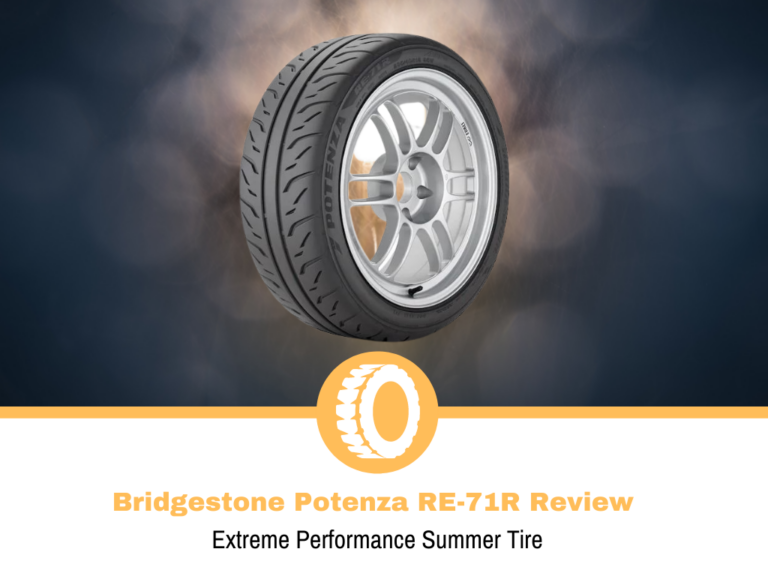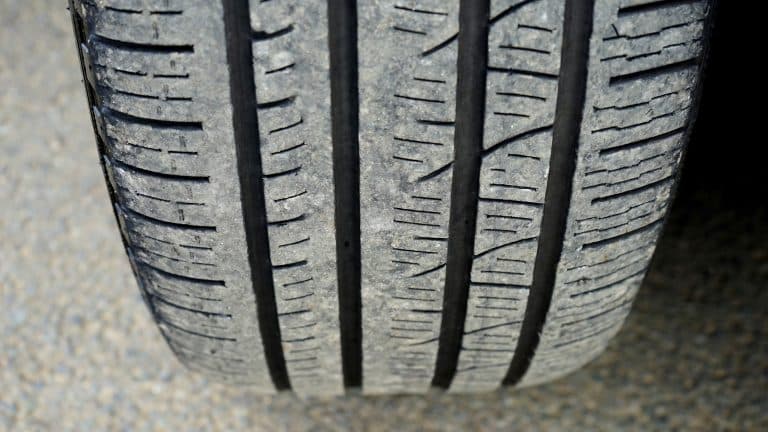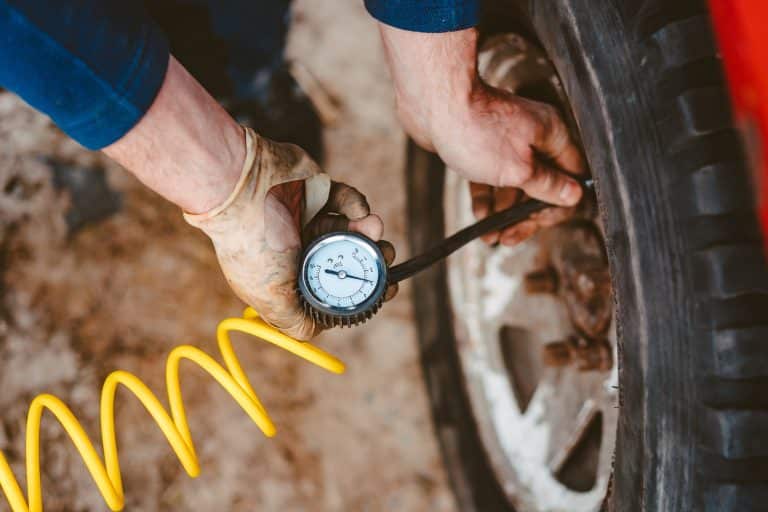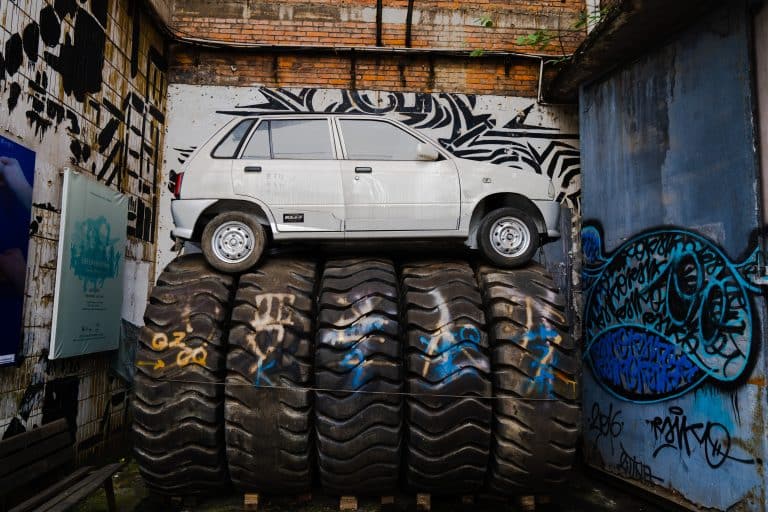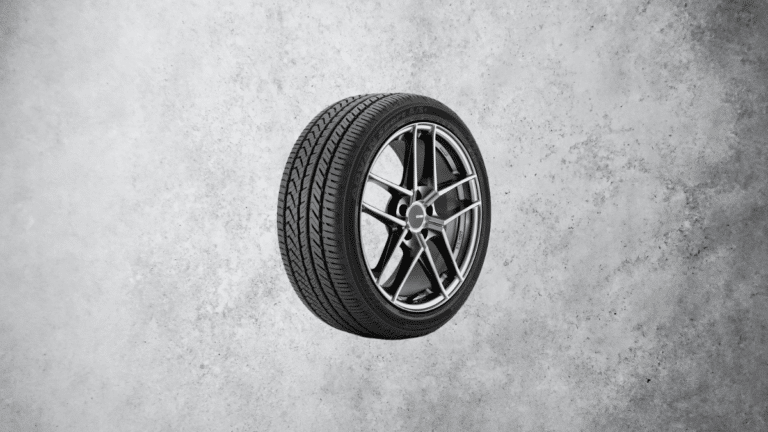Are Michelin Tires Worth It?
Whenever we talk about tires, we consider multiple aspects before drawing a conclusion. Performance, price, comfort, and longevity are a few of the important ones that most people are interested in.
We often compare tires and manufacturers and praise the premium manufacturers. They offer the most expensive tires on the market, but with that, you’re getting the best performers. There are exceptions, so I’m taking this as a general rule.
I talked about mid-range and premium manufacturers in the past, and things today aren’t as they were before. The mid-range companies are getting very close to the “expensive” ones and, in some cases, surpassing them.
Regardless, we still cling to the fact that premium tires are better. I talked about this in my guide if expensive tires are worth it, so check that out if you want to learn more.
So, the premium brands are the best and worth it, but what about individual companies like Michelin? Are the tires from the French manufacturer worth it? Today, we’ll find out if that’s true.
Are Michelin Tires Worth It?
Yes, Michelin tires are worth it, and you’re getting a lot of tire for the money. They are on the pricier side of the scale, but with that, you’re getting better performance, refinement, and longevity. Like any other brand, it’s not perfect, so you should keep it in mind.
Why are Michelin Tires Expensive?
Before I explain why Michelin tires are worth it, let’s see why they are expensive. Multiple aspects can determine the value and make a brand worth it or not.
Performance
At the forefront of everything, Michelin is a brand known for making one of the best-performing tires. Regardless of the category of tires, this company offers some of the best.
When we talk about performance, we don’t consider only UHP tires. Even though the touring models aren’t designed to be used on a track, they still need to perform well on the road.
Even in less-than-ideal situations like rain or snow, we see Michelin tires at the top or near it. You shouldn’t expect to see them being the best at everything, and let’s analyze that through a few examples.
Michelin’s latest addition to the Pilot Sport lineup, the Pilot Sport 5, shows how good the tire is. Handling and braking in dry and wet are marginally behind the leading model, so no surprise there. In the group, the tire delivers the best aquaplaning resistance, even when compared to some premium rivals.
It’s not all perfect, and the Pilot Sport 5 takes a hit in the refinement department. The comfort levels aren’t terrible, but it’s a bit noisier than its counterparts.
From the all-season touring category, we have the recently released CrossClimate 2. Like the previous model, the tire is considered among the best as an all-around performer. This means that there are some aspects where it’s not the best.
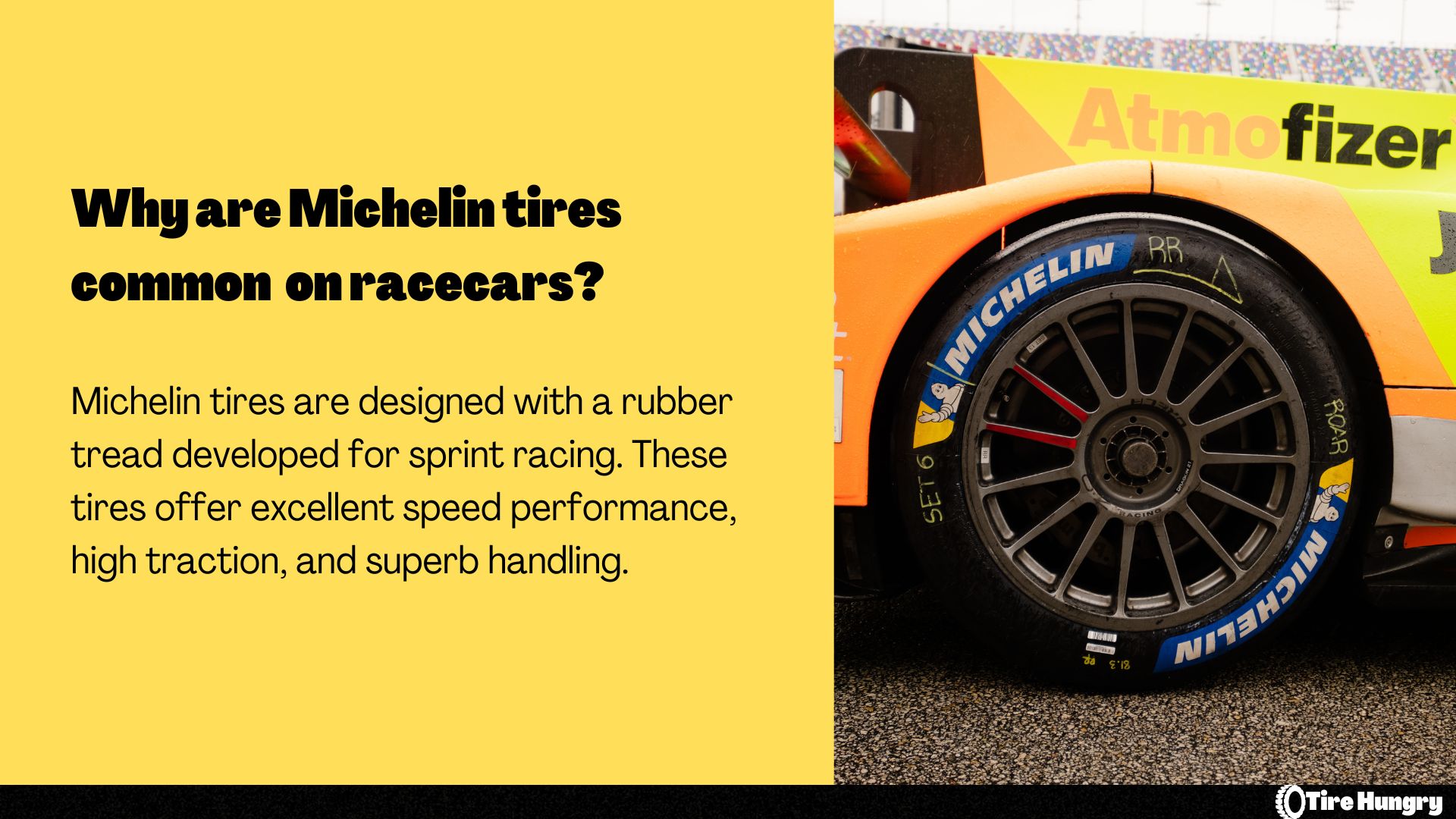 Dry is where the CrossClimate 2 shines, putting Michelin at the top in this category. Wet is where it falls back a bit, but it still delivers some very good performance. It’s not too far behind the leaders and won’t disappoint.
Dry is where the CrossClimate 2 shines, putting Michelin at the top in this category. Wet is where it falls back a bit, but it still delivers some very good performance. It’s not too far behind the leaders and won’t disappoint.
As an all-season option, you have some winter performance on the table. The CrossClimate 2 is an excellent tire for snow driving, offering decent handling and braking. It’s not comparable to a winter tire, but it’s among the best in the all-season segment.
What about the full winter experience? For that, you have the Pilot Alpin 5, which is technically a performance winter tire. You can probably guess that I’m mentioning it because it’s among the best in its class.
Driving in winter conditions, regardless if it’s dry or wet, is no problem for the Pilot Alpin 5. The tire delivers among the best and, in some situations, the best results in this class.
A winter tire is designed for winter conditions, and the Pilot Alpin 5 handles like a champ. The traction is slightly behind some of its rivals, but it’s not something you’ll notice in normal driving conditions.
As you can see from the examples above, performance isn’t something that Michelin lacks. Sure, it may not be the best in every category or situation, but it’s very close, which is why it’s such a popular brand.
Comfort
Performance is one thing, refinement is another. I can say that I’m a fan of dynamic driving, but I also like to be comfortable on my daily commute. Most people would agree with this, and Michelin is one of the many answers for us.
Over the years, Michelin made plenty of changes and technological advancements. Thanks to these, the models it offers are among the best-refined ones. Like previously, there are exceptions, and we don’t see these tires at the top every time, but they are at least close.
Take the Pilot Alpin 5 I mentioned in the earlier section. Recently I compared it to the BFGoodrich g-Force Winter 2, the one I have on my Lexus. The comfort levels are very similar, so both are at the top. As for noise, the g-Force Winter 2 is just a bit quieter, but overall, as winter tires, both are very quiet.
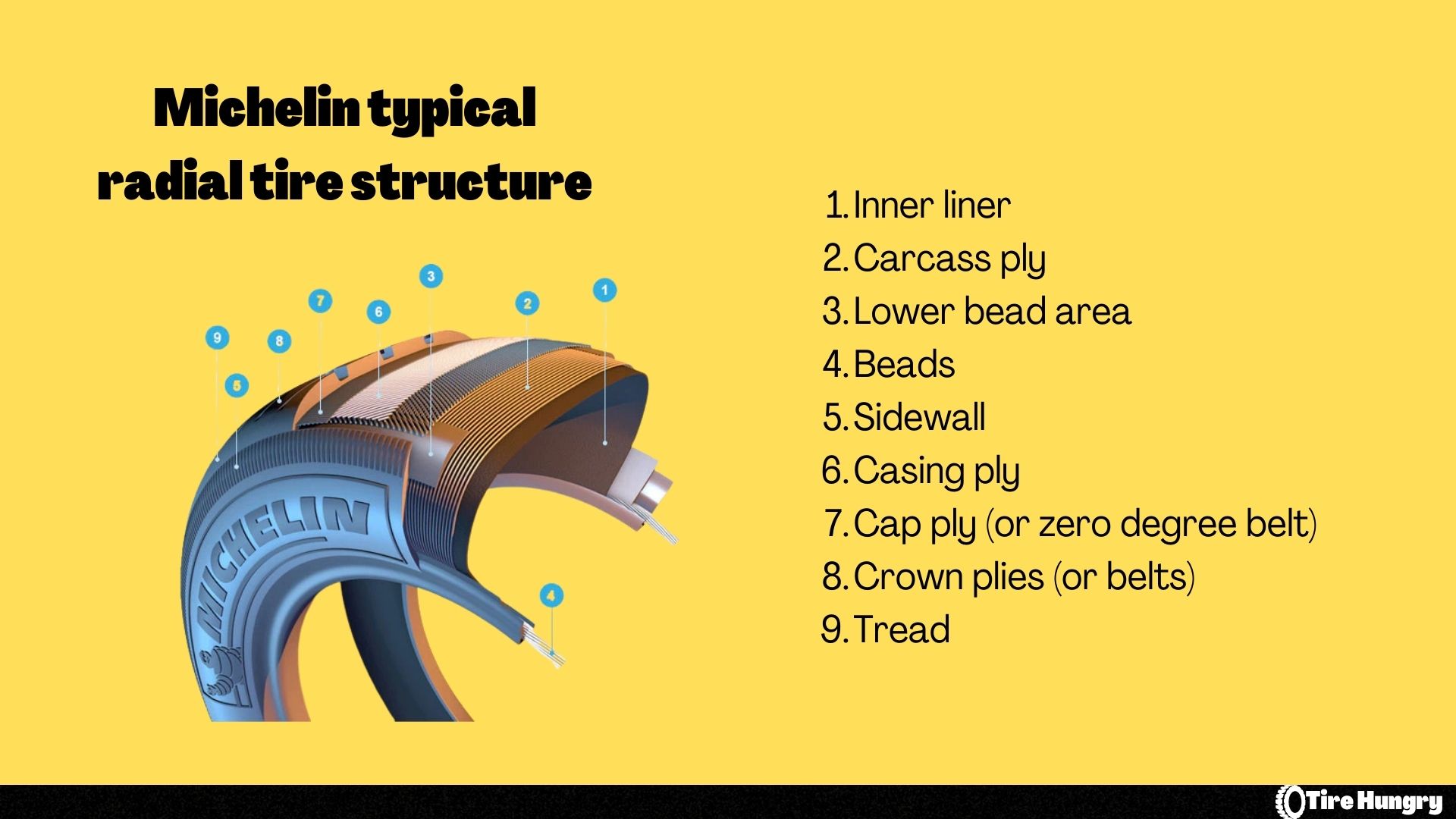
Things don’t change too much with the Alpin 6, which is a touring winter tire. Like its performance cousin, it’s just a bit noisier than the quietest tire in the class. As for comfort, you won’t find a tire that will outperform it, but several come very close.
Touring tires are designed for refinement, and Michelin’s CrossClimate lineup delivers. All models in this family, ranging from the latest CrossClimate 2 to the original one, are excellently refined. Some will argue that they’re not the best, which is true. With that said,
Another touring option from another family is the Primacy 4 SUV. Designed for comfort and low noise levels for SUVs and light trucks, this tire won’t disappoint. Within its category, the tire’s comfort levels are among the best. For noise levels, it’s not as good, and there are a few slightly quieter models in this class.
Longevity
As part of the holy trinity of aspects, last but not least is longevity. Several factors can affect the lifespan of tires.
The type of tire, compound, and, of course, your driving style can affect a tire’s longevity. Michelin, like many manufacturers, offers a treadwear warranty for most of its models. In many cases, it’s among the longest, but there are some situations where it falls behind its premium competitors.
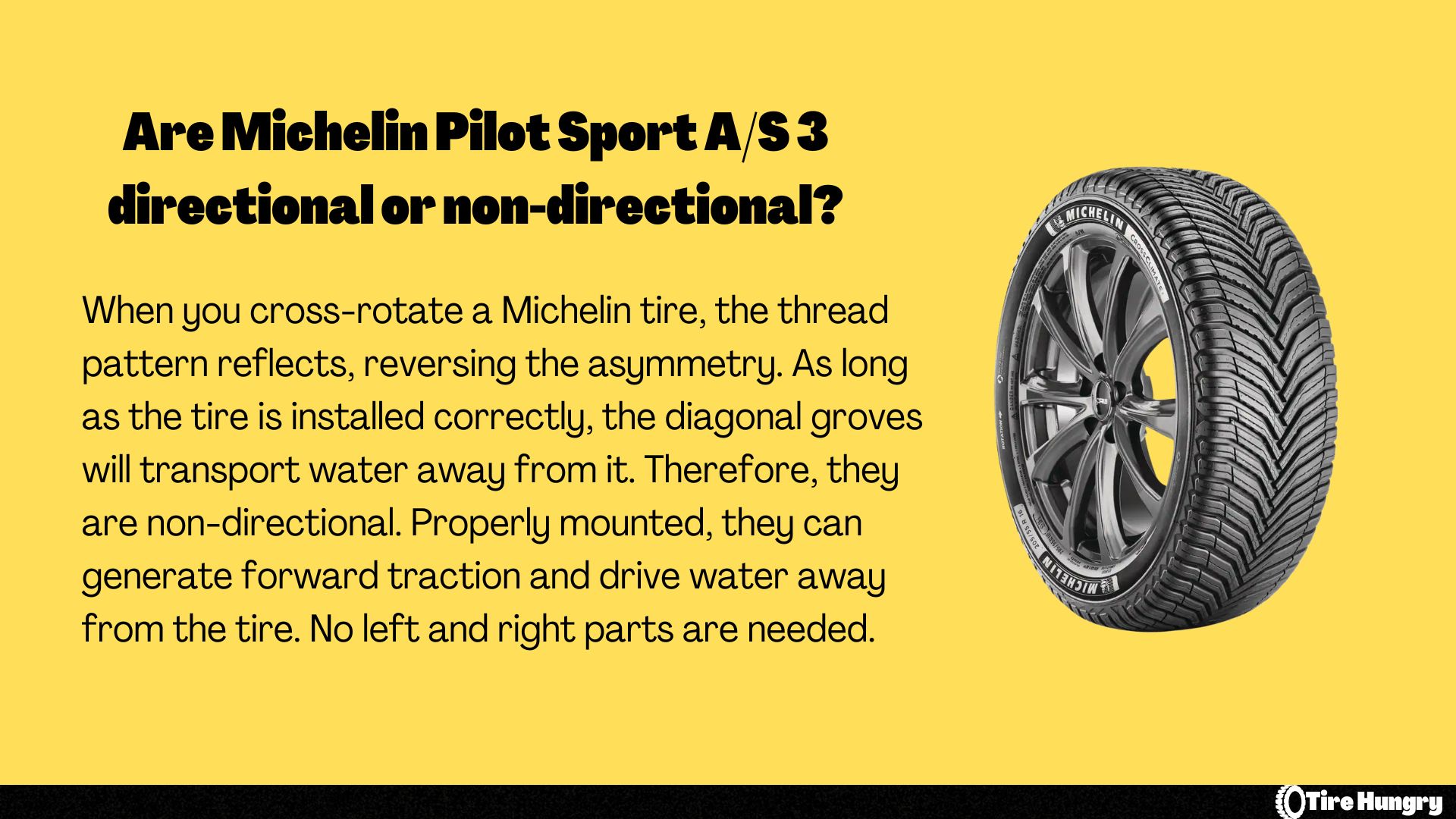
We can see a clear lead of Michelin’s tires through several user reports. Comparing the LTX Force against the Scorpion ATR from Pirelli shows a considerable difference. On average, you’re looking at 10 to 15 thousand miles more from the French tire. Surprisingly, a set allegedly lasted almost 100 thousand, which is impressive.
In the winter segment, we have the X-Ice Xi3 that can give you several thousand miles more than some of its premium rivals. When you compare it with a mid-range option like the Firestone Winter Force, the difference rises to a 5-digit number.
One thing you should know is not to take these numbers for granted. On average, Michelin tires should be longer lasting, but that’s not always the case.
Poorly maintained tires are the most common reason they don’t last long. If you don’t care or store your tires properly, you shouldn’t expect them to last very long.
Are there any negative sides to Michelin tires?
Throughout this article, I mentioned several times that there isn’t a perfect tire manufacturer, and we can say the same about Michelin.
The price is the first thing that comes to mind, and you can consider Michelin among the more expensive brands on the market. It can vary from model to model, but affordable isn’t the first thing that comes to mind with this manufacturer.
Another slight disadvantage that Michelin has when compared to some of its rivals is the lack of options in the off-road section. There are a few all-terrain tires, and that’s about it. You won’t find any hybrid or full-fat off-road tires with this manufacturer, so it’s at a disadvantage.
Conclusion
The fundamental question was if Michelin tires are worth it, and the answer is yes. When you compare them with some mid-range options, you will pay more and get more in return.
Superior materials, years of R&D, and quality translate into some of the best-performing tires on the market. Performance isn’t everything, so with that, you get refinement and longevity.
As good as Michelin tires are, there is one thing you need to be mindful of. The tires are excellent and worth it, but that doesn’t apply to every scenario. Sure, I’d be more than happy to stick a set of Pilot Sport 4S on my 92 Corolla, but we know that’s stupid.
At the end of the day, each situation is unique, and choosing if you’ll go with Michelin or not is your decision. My job here is done in clearing the brand’s name and answering the question many people have asked.
